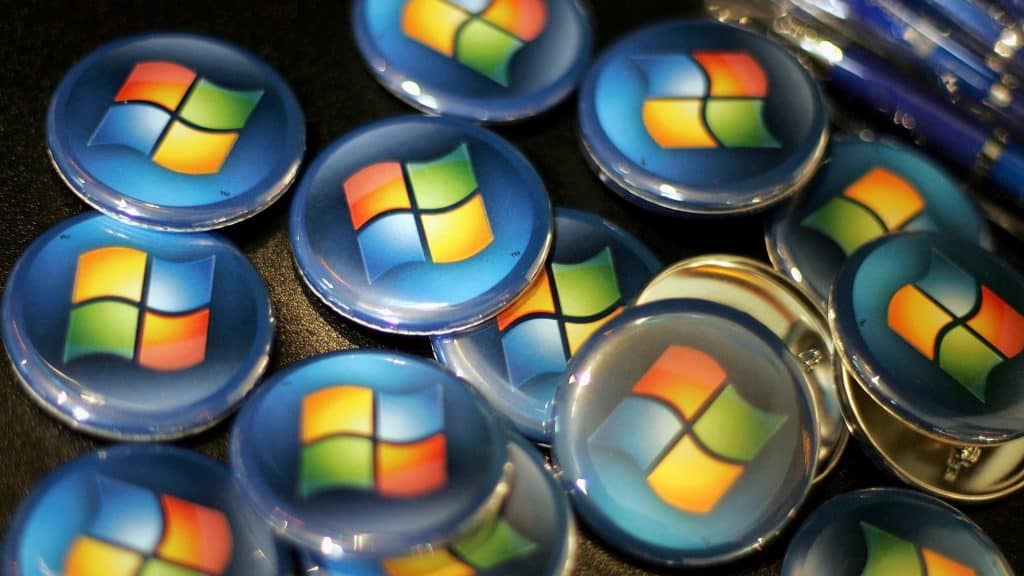
Capitulating to mounting pressure from shareholders, Microsoft has agreed to make it easier for customers to independently repair of its devices—a major and thus far unprecedented win for the Right-to-Repair Movement.
Back in June, the investor advocacy nonprofit As You Sow had filed a shareholder resolution with the Securities and Exchange Commission requesting that Microsoft examine the “environmental and social benefits of making its devices more easily repairable through measures such as the public provision of tools, parts, and repair instructions.” Prior to that resolution, Microsoft—like many tech companies—had essentially rigged the game so that its devices could only be fixed at authorized shops, effectively creating a monopoly on repairs that stifled consumer freedom and made everyone’s lives harder.
But on Thursday, Grist reported that Microsoft has now made a series of critical concessions as a result of that resolution, including a pledge to hire an independent consultant to study the ways increasing access to the parts and information could cut down on electronic waste and lessen damaging environmental impacts, and a commitment to acting on the findings of that study by the end of 2022.
“This is an encouraging step by Microsoft to respond to the upswell of federal and state activity in the right to repair movement,” Kelly McBee, waste program coordinator at As You Sow, said in a press release. “Excitingly, this agreement will begin to allow consumers to repair their Microsoft devices outside the limited network of authorized repair shops.”
In response to Microsoft’s commitment to examine its repairs situation, As You Sow on Monday agreed to withdraw the shareholder resolution. The development is the latest in a string of victories for the Right to Repair Movement: In June, the FTC unanimously agreed to formally adopt the stance that people should be able to repair their own gadgets, and in July, President Joe Biden issued a sweeping executive order directing the FTC to create rules explicitly designed to keep companies from establishing repair monopolies that prevent DIY or independent device repairs.





























